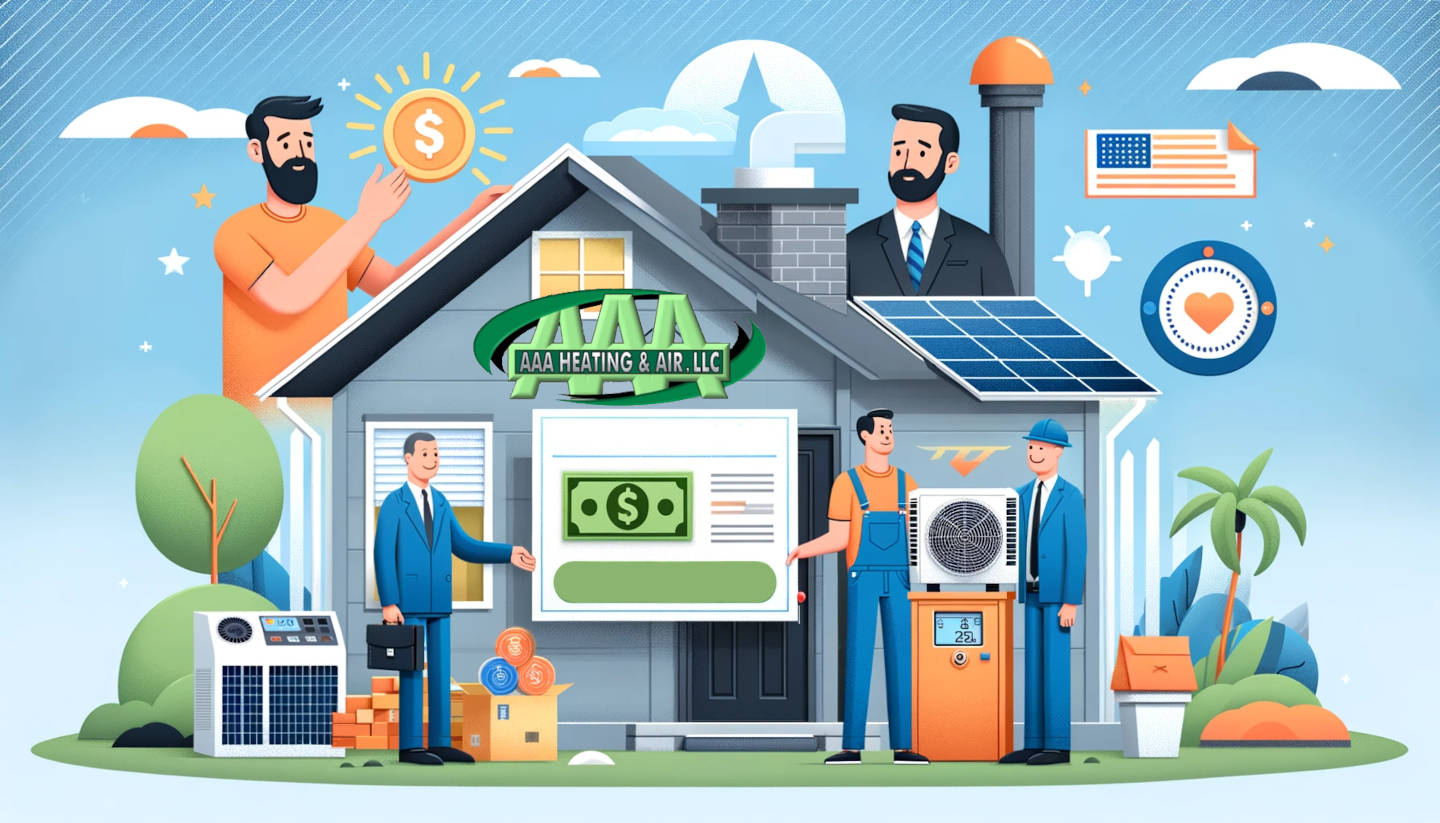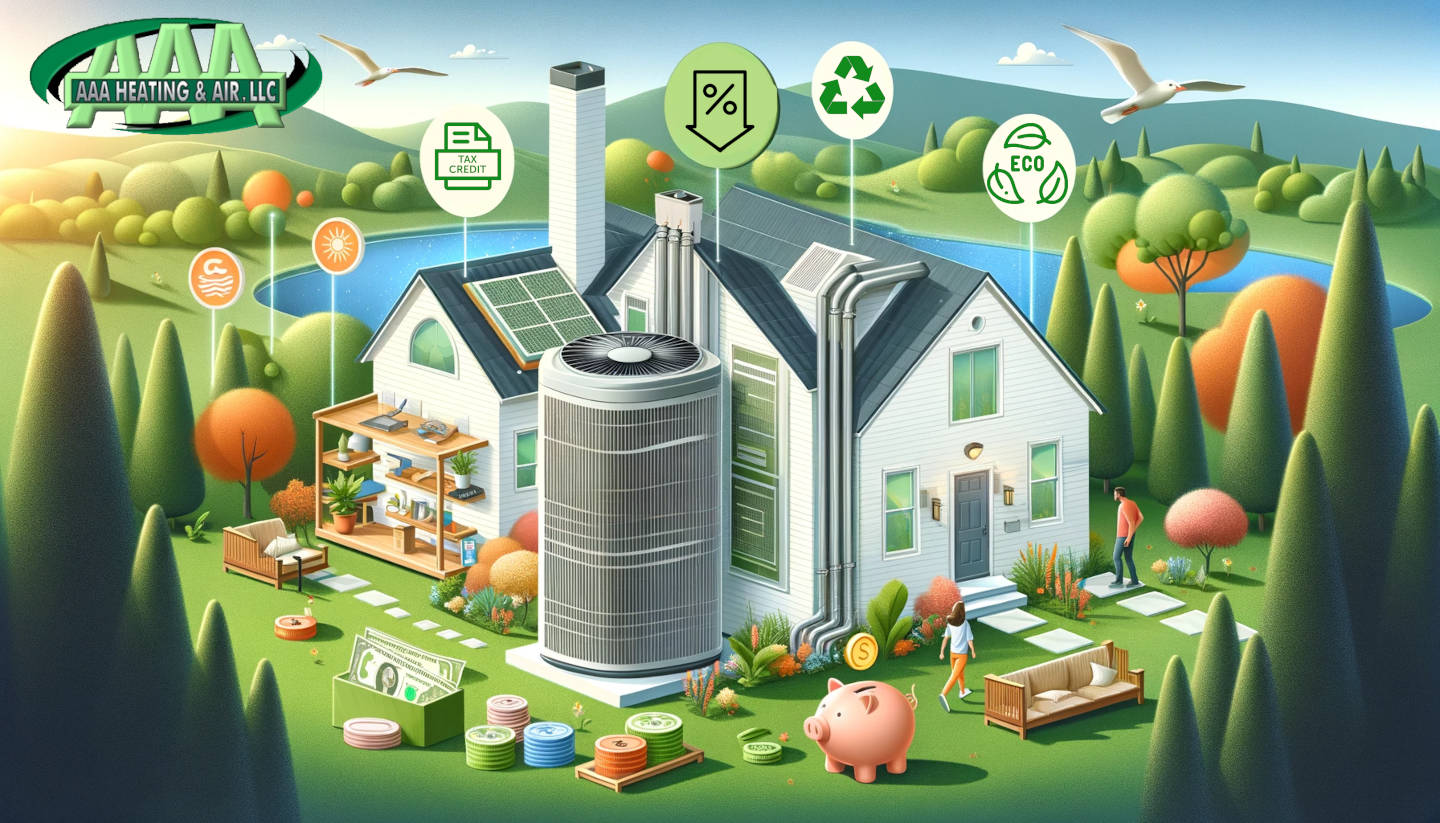In the quest to make our homes more energy-efficient and environmentally friendly, understanding the landscape of available government incentives can be a game-changer. For homeowners looking to upgrade or install new HVAC systems, there’s good news: a range of tax credits and rebates can make these improvements more affordable. Let’s dive into the world of HVAC tax credits and rebates, helping you navigate these opportunities to enhance your home’s comfort while saving money.
Understanding HVAC Tax Credits and Rebates
Tax credits and rebates for HVAC systems are incentives offered by the government to encourage homeowners to invest in energy-efficient home improvements. These incentives can significantly reduce the cost of installing new, more efficient heating and cooling systems.
How Do HVAC Tax Credits Work?
Tax credits directly reduce the amount of tax you owe. For instance, if you qualify for a $500 tax credit and owe $1,000 in taxes, your tax bill is reduced to $500. This is different from a deduction, which reduces the amount of income that is subject to tax.
Exploring Available Rebates

Rebates are another form of incentive. Typically offered by state governments, local utilities, or HVAC manufacturers, rebates provide a partial refund after the purchase of an energy-efficient system. Unlike tax credits, rebates can come in the form of direct refunds or discounts on the purchase price.
Finding and Applying for Incentives
- Research Federal and State Programs: Start by looking into federal programs like the ENERGY STAR program, which offers information on tax credits for energy-efficient products. Don’t forget to check state-specific incentives as well.
- Consult with Local HVAC Professionals: HVAC experts, like those at AAA Heating & Air, are well-versed in current incentives and can guide you in choosing qualifying systems.
- Understand the Requirements: Be sure to understand the specific requirements for each incentive, such as energy efficiency ratings or installation guidelines.
- Keep Records: Save all receipts and certifications related to your HVAC upgrade, as you will need these for tax filing or rebate applications.
Benefits Beyond Savings
Apart from financial savings, investing in energy-efficient HVAC systems offers additional benefits:
- Reduced Energy Bills: Energy-efficient systems consume less energy, leading to lower utility bills.
- Improved Home Comfort: Modern systems provide better temperature control and indoor air quality.
- Environmental Impact: By using less energy, you’re contributing to a reduction in greenhouse gas emissions.
Call to Action
Ready to upgrade your HVAC system and take advantage of tax credits and rebates? Don’t miss out on these cost-saving opportunities. Contact AAA Heating & Air today to explore the best energy-efficient options for your home. Our team is here to help you navigate through these government incentives, ensuring you make the most out of your investment. Get in touch to start saving and enhancing your home comfort!
Written by: Jared M. Sewell
AAA Heating & Air, LLC.
https://callaaatoday.com/

